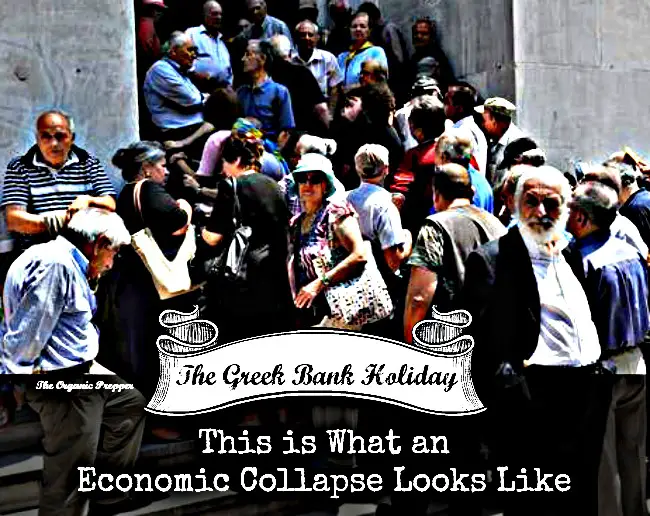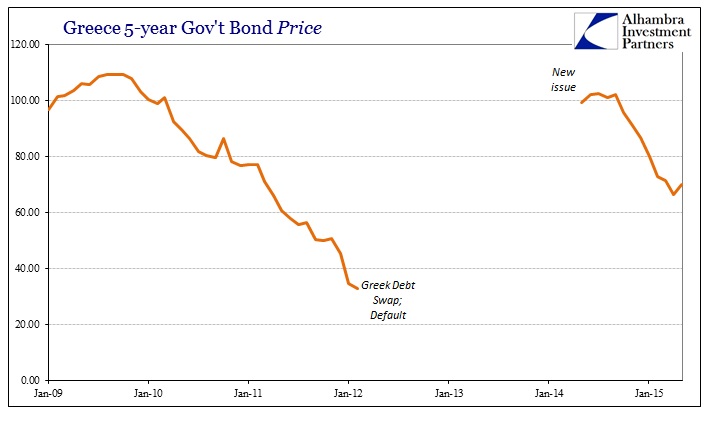The discussions between Greece and its European creditors broke down over the weekend, with the two sides still at an impasse. Greek Prime Minister Alexis Tsipras balked at deeper austerity cuts to the Greek economy, cuts that are a prerequisite for further help from Berlin and Brussels.
As a result, Greece is approaching the precipice. With a massive debt payment due on June 30 to the IMF, Greece could default. The extent of the fallout is anybody’s guess, but Greece could see the value of its bonds plummet, putting its banks in crisis, and ultimately the country could be ejected from the Eurozone. The Greek government declared a bank holiday for six days in order to stop the cash exodus from the Greek financial system.
Related: New Safety Feature: A Smart Car Programmed To Let You Die?
The crisis is dragging down global equity and commodity markets. Greece is not a major oil producer or consumer, so it won’t have much sway over oil markets directly. But the spillover could have two immediate effects on oil apart from supply and demand fundamentals.
First, the calamity is spooking investors who fear a broader contagion. While Europe has had several years to insulate itself from Greece’s problems, the mess is still weighing on the bloc’s economic prospects. That will likely pull down oil prices a bit.
Related: U.S. Oil Glut An EIA Invention?
A second effect comes in the form of currency fluctuations. Greece’s calamity, and the rising prospect that it leaves the Eurozone, will damage the value of the euro. As the euro takes a hit, the U.S. dollar looks better by comparison, both as a safe haven and as an investment vehicle. If the dollar appreciates, that will push down oil – since oil is priced in dollars, a stronger dollar makes it more expensive.












 After years of false starts it appears that the ‘Grexit’ is finally in motion. Yet when the dust finally settles, this week will be remembered for its market volatility – not as the time when Greece kicked itself out of the euro zone.
After years of false starts it appears that the ‘Grexit’ is finally in motion. Yet when the dust finally settles, this week will be remembered for its market volatility – not as the time when Greece kicked itself out of the euro zone.

